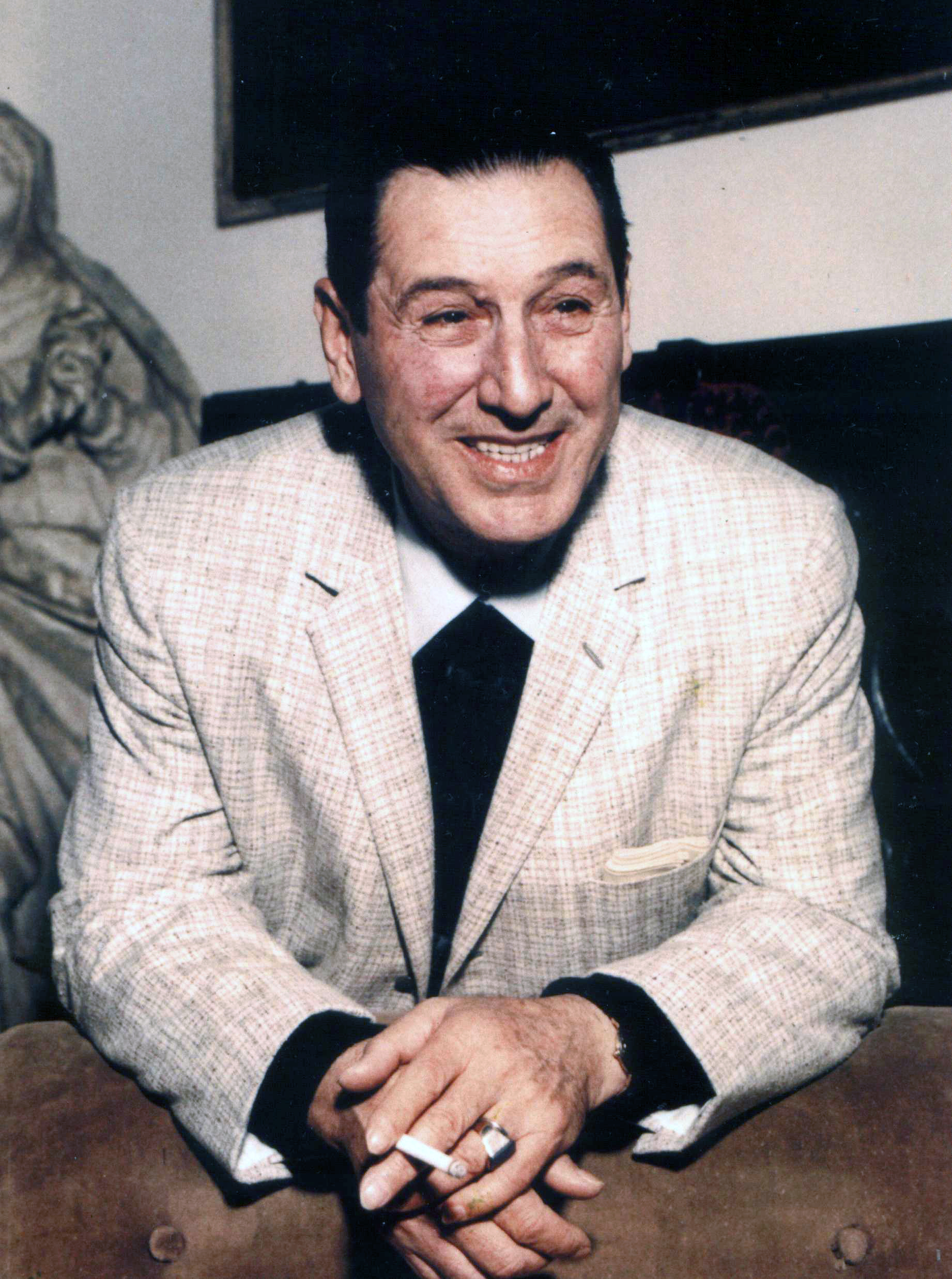9.4.1 Latin American Populism
Conrad King
Central and South America are where populism has prevailed the longest, perhaps because caudillo political culture tends to venerate strong leaders who purport to rule “on behalf of the people.” Just about every country in Latin America has had a prominent populist movement, and most have also had a populist regime in power at one time or another.
Caudillos

Indeed, the first modern populist regime was in Argentina. This movement, dubbed Perónism, ran the gamut of populisms (from right to left) within a single fractious political party over the course of three decades. General Juan Domingo Perón served as a minister in the military dictatorship that ruled Argentina from 1943 until 1946 and then won the presidential election in 1946. Initially, Perón made appeals to the marginalized and impoverished (what he called the “shirtless ones”) and fed off popular resentment against “Yankee imperialism.” Yet, he also flirted with fascist elements in Argentinian society, including the harbouring of Nazi war criminals. Perón served as president until he was ousted by a military coup in 1955, yet his ideologically fragmented political party persisted (often underground) even after he was forced into exile. He returned to Argentina for a final term as president from 1973 until his death in 1974. Argentina is a microcosm of just how malleable populism has been in Latin America and how readily populists can win power. There have been extreme right-wing populists in power, such as Perón in Argentina and José María Velasco Ibarra, president of Ecuador five times between the 1930s and the 1970s.
There have been right-wing neoliberal populists in power, such as Alberto Fujimori, president of Peru from 1990 until 2000, and Carlos Menem, president of Argentina from 1989 until 1999. And there have been left-wing populists in power, such as Hugo Chávez, who won the Venezuelan presidential election in 1999 and then manipulated the constitution to retain power until his death in 2013 (he also handpicked his successor, Nicolás Maduro, who still retains power in Venezuela). Another is Evo Morales, a leftist ethno-populist who was president of Bolivia from 2006 until 2019 and whose Movement Toward Socialism strongly advocated for indigenous rights and equality. Populism of every type has seen its most verdant expression in Latin America, and a number of durable political regimes have been constructed using populist ideologies.
Media Attributions
- Juan Domingo Perón 1973 © unknown is licensed under a Public Domain license
military strongmen that dominated Latin American politics during the period between early 19th century independence movements and democratic consolidation in the late 20th century.

